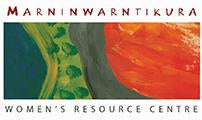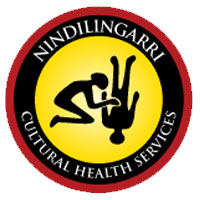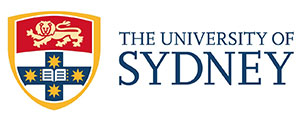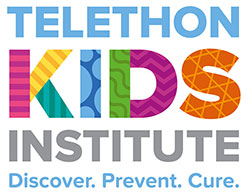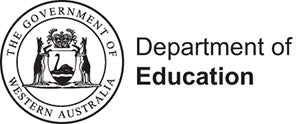Lililwan Prevalence Study
 |
The prevalence of FASD across Australia is only just beginning to be more widely recognised. A range of research is in progress around the country to gain a better understanding of FASD and the interaction and impact of variety of health and other services on children with FASD and their families. In order for this community to reconstruct itself, all of its children, with and without FASD, must be surrounded with love and be nurtured with sensitivity and responsibility. June Oscar has said a “collaborative circle of community care” must be established and the Marulu Strategy is working to ensure all children, families and communities have access to and benefit from the highest possible quality care and support. Where these services currently don’t exist or adequate access hasn’t been enabled we will seek innovative solutions, drawing on essential partnerships that have been forged overtime. In 2009 the George Institute for Global Health was invited to engage in extensive conversations and consultations with the communities of the Valley. The Institute, with the support of the community, conducted a FASD prevalence study called the Lililwan Project, meaning all the little ones in Kriol. Their findings and recommendations are the first steps to overcoming FASD and protecting the ‘lililwans’ from the devastating lifelong impacts of excessive alcohol consumption.
The Lililwan Collaboration: Inquiry into Fetal Alcohol Spectrum Disorders (FASD) Submission details key research objectives of the Lililwan project. The Lililwan Project research team interviewed over 130 mothers in the Fitzroy Valley, who were pregnant before the alcohol restrictions were imposed in the Fitzroy Valley, then assessed around 100 of their children. They found that the concerns of the community were correct. Approximately 55% of the mothers interviewed had consumed alcohol during their pregnancy and FASD had severely impacted the growth, behaviour and learning abilities of children in the Valley. Of the children in the Fitzroy Valley born in 2002 or 2003:
Marulu is a Bunuba word meaning precious. The Marulu Strategy is evolving overtime and responding to changing needs, building new evidence and creating exciting possibilities. The strength based approach in the Fitzroy Valleys’ journey is designed to enable deep understandings drawing on our strong partnerships with leading experts to inform our comprehensive dynamic responses to the high levels of Fetal Alcohol Spectrum Disorders (FASD) and Early Life Trauma (ELT) in the region. The Lililwan findings provide us with the data to build an informed response that shapes our actions .. The No FASD Australia website also details a range of research projects in progress. |

